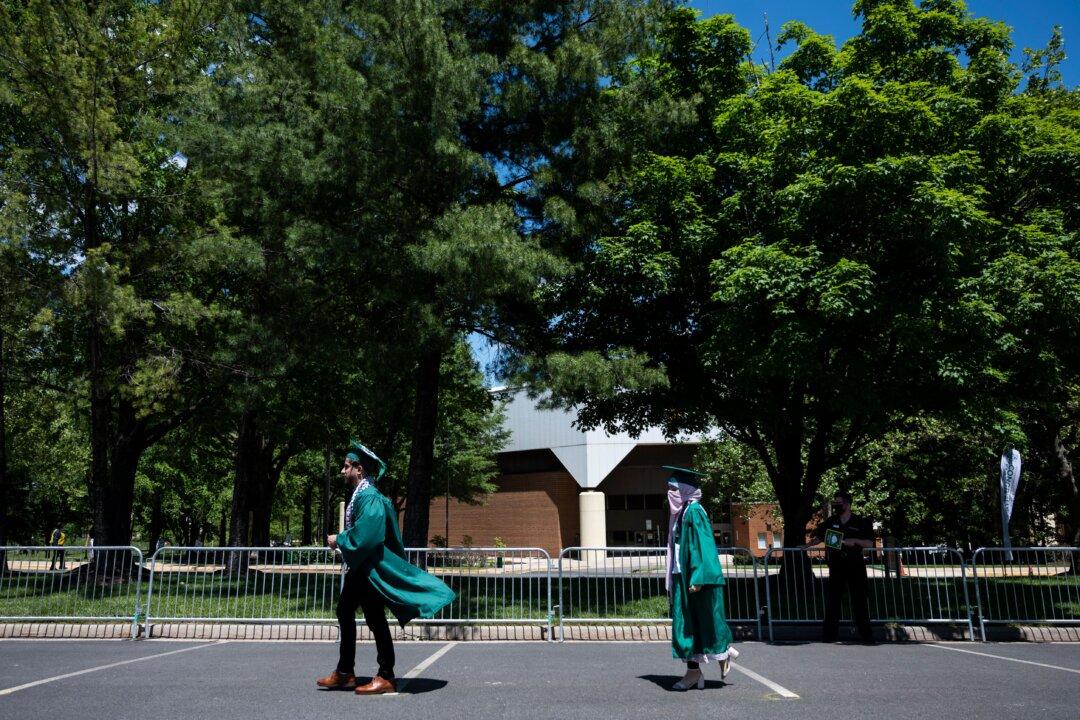George Mason University President Gregory Washington defended the University’s decision to have Gov. Glenn Youngkin, a Republican, give the spring 2023 commencement address, saying that universities are places for healthy debate and hearing ideas one may not agree with.
The President of Virginia’s “most diverse” public university called on the school community to support free speech and help “build an effective society,” adding that diversity includes the diversity of ideas.





